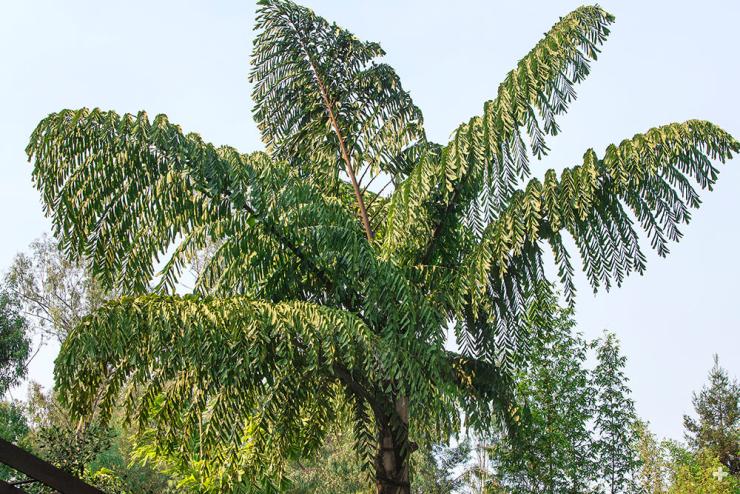Fishtail Palm
Caryota urens
The Fishtail Palm Tree is named for its unique, jagged leaflets that resemble a fish's tail, making it a striking ornamental plant in gardens and landscapes.
Quick Facts
Visit Information
Location
Gardens, parks, large containers
Best Viewing Time
Evergreen (monocarpic, dies after flowering)
Habitat & Care
Natural Habitat
Tropical and subtropical forests
Lifespan
Short-lived to moderate (dies after flowering)
Temperature Range
Warm and humid
Significance
Medicinal Uses
Ornamental landscaping, sap collection
Cultural Significance
Monocarpic palm that flowers and then dies
Conservation Status
Least Concern
Did You Know?
Leaves have unique fishtail-shaped leaflets
Produces sweet sap used to make jaggery
Dies after flowering once in its lifetime
Popular for tropical landscaping
Plan Your Visit
Come and see this amazing plant species in person at Patna Zoo

